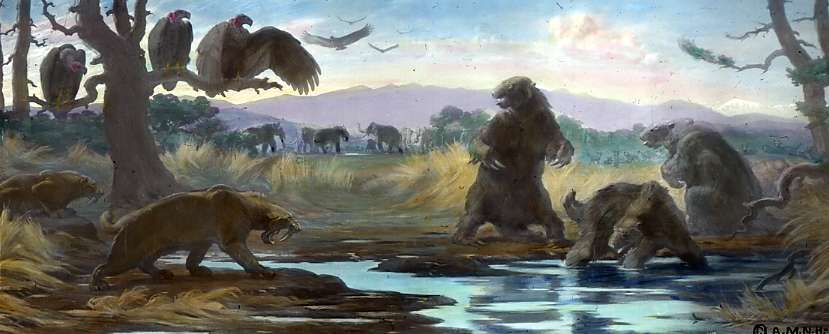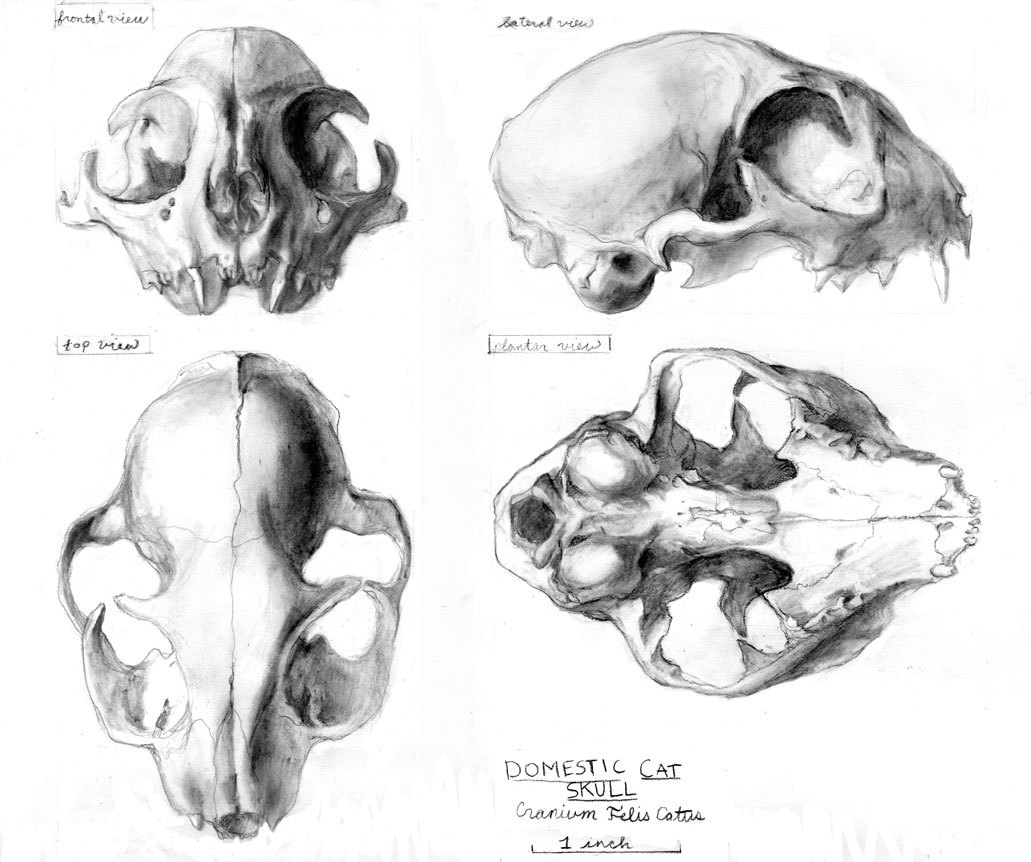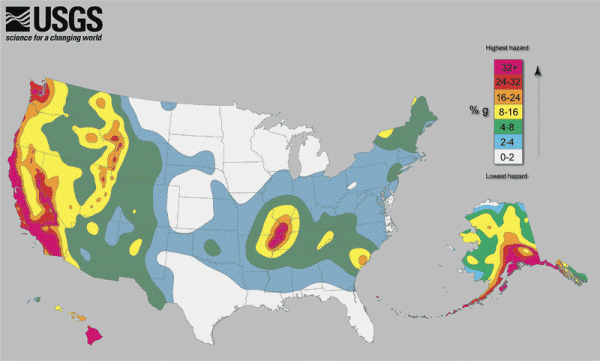 |
| Would we just send them back into the abyss? |
I was that seventh grade kid sitting in the back of the room reading the encyclopedia when rain kept us inside during recess.
It was there I was introduced to the passenger pigeon. After class had reconvened and the teacher droned on about fractions, I was imagining what the sky would look like flooded by their presence. I wondered what they would sound like as they filled the sky. I wondered what they tasted like, that would drive so many settlers to kill them by the hundreds.
Conventional wisdom holds that the passenger pigeon was killed for sport and for food. I am sure this is true, but what if they were also seen as a pest and exterminated as a result?
Imagine the impact these birds had on the crops, pastures, and apple orchards of the young nation. The decline of the passenger pigeon coincided with the settlement of the bird's breeding range. Perhaps habitat destruction had as much to do with the species' decline as hunting and sport.
The sentiment I experience reading the possibly romanticized story of the passenger pigeon is shared by others. There is a "De-extinction" program organizing around the idea of collecting their DNA in order to bring them back from the abyss. The Reason.com article continues,
It brings me no pleasure to say it, the passenger pigeon would be worse than the "rat with wings" in so many urban centers. America is no longer sparsely populated enough to embrace these poop piranha on wings. An inch of guano? If there is a pile of money big enough to compensate those who'd be negatively impacted, I bet we can find better ways to spend it.
It was there I was introduced to the passenger pigeon. After class had reconvened and the teacher droned on about fractions, I was imagining what the sky would look like flooded by their presence. I wondered what they would sound like as they filled the sky. I wondered what they tasted like, that would drive so many settlers to kill them by the hundreds.
Conventional wisdom holds that the passenger pigeon was killed for sport and for food. I am sure this is true, but what if they were also seen as a pest and exterminated as a result?
Reason.com has an article describing their impact on the habitat.
Historically, we know that a giant flock comes into an area, they consume the resources for several hundred square miles, they live in a roosting or nesting site in a tiny spot...and they're so densely crowded into that area that as they come in at night to roost, they're overcrowding branches, snapping branches off of trees, sometimes breaking small trees off at the base as they bend them completely over under their weight. And they're depositing tons of droppings into that area—inches of guano—and that completely, radically changes the biochemistry of the soils. It kills all of the undergrowth that was there, but it also opens up that canopy. All that branch breaking is letting sunlight in.
 |
| Straight into the engine of a 747? |
The sentiment I experience reading the possibly romanticized story of the passenger pigeon is shared by others. There is a "De-extinction" program organizing around the idea of collecting their DNA in order to bring them back from the abyss. The Reason.com article continues,
So you can imagine the next year, when those birds are gone, you get a very thick regenerating underbrush. And that's what these birds were doing. They were stimulating regeneration cycles. And knowing this about the passenger pigeon ecology, we think [bringing them back] is going to be a major benefit for the ecosystems of the future.The problem is the North American continent no longer exists in an aboriginal state. You do not have to be a science fiction writer to see how a giant flock of these birds, and a population would probably only be viable as part of a large mass, would conflict with human settlements: suburban housing tracks, dog parks, commercial airports, your local forest preserve.
It brings me no pleasure to say it, the passenger pigeon would be worse than the "rat with wings" in so many urban centers. America is no longer sparsely populated enough to embrace these poop piranha on wings. An inch of guano? If there is a pile of money big enough to compensate those who'd be negatively impacted, I bet we can find better ways to spend it.
 |
| Breeding range in red: who wants an inch of poop? |
The unspoken assumption is that human beings only send animals into the history books through ignorance and that humanity has moved to a more enlightened state. Maybe in this case we've romanticized a species based on an incomplete telling of the story?
The loss of the species was a tragedy. I wish it could have survived in small enough flocks to allow for human cohabitation. But humans have interests too, and I'd question the assumption that we are any more enlightened than we were a mere four or five generations ago.
While I gave up the idea of individual human sanctification some time ago, the idea that the species as a whole is becoming more enlightened is a faith-based doctrine that has never attracted me. I mean, have you at least heard of the twentieth century?
We kill because we have a reason to kill them. The habit of killing may last longer than the reason, culture is like that, but there was a reason and there would be again. Sometimes we can stop ourselves at the precipice of extinction (wolves) but if the passenger pigeon could not co-exist with human habitation the first time, I doubt it would have any better luck a second time around.
Any species brought back from the brink will need to be either limited in ecological impact, or limited in range, and preferably both. If they make someone some money, that would be even better. Monied interest would be motivated to find a way to make the new introduction work in a world filled with humans.
The passenger pigeon does not meet that test.
How about a nice giant sloth? I'm pretty sure we could keep a ground sloth in the national parks and people would pay a pretty penny to see them.














































